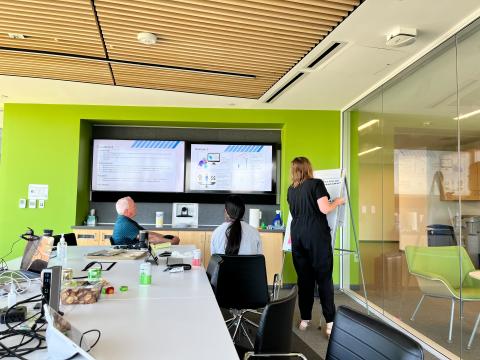Empowering and Enhancing Workers Through Building A Community-Centered Gig Economy

The gig economy is characterized by short-term contract work performed by independent workers who are paid in return for the "gigs" they perform. Example gig platforms include Uber, Lyft, Postmates, Instacart, UpWork, and TaskRabbit. Gig economy platforms bring about more job opportunities, lower barriers to entry, and improve worker flexibility. However, growing evidence suggests that worker wellbeing and systematic biases on the gig economy platforms have become significant societal problems. For example most gig workers lack financial stability, have low earning efficiency and lack autonomy, and many have health issues due to long work hours and limited flexibility. Additionally, gig economy platforms perpetuate biases against already vulnerable populations in society. To address these problems, this project aims to build a community-centered, meta-platform to provide decision support and data sharing for gig workers and policymakers, in order to develop a more vibrant, healthy, and equitable gig economy.
The project involves three major research activities. (1) Working with gig workers and local policymakers to understand their concerns, challenges, and considerations related to gig worker wellbeing, as well as the current practices, problems, and biases of existing gig economy platforms. (2) Developing a data-driven and human-centered decision-assistance environment to help gig workers make "smart" decisions in navigating and selecting gigs,and provide a macrolevel perspective for policymakers working to balance their diverse set of objectives and constraints. (3) Deploying and evaluating whether and how the above environment addresses the fundamental problems of worker wellbeing and systematic biases in the gig economy.
Researchers
Haiyi Zhu
Research Areas

